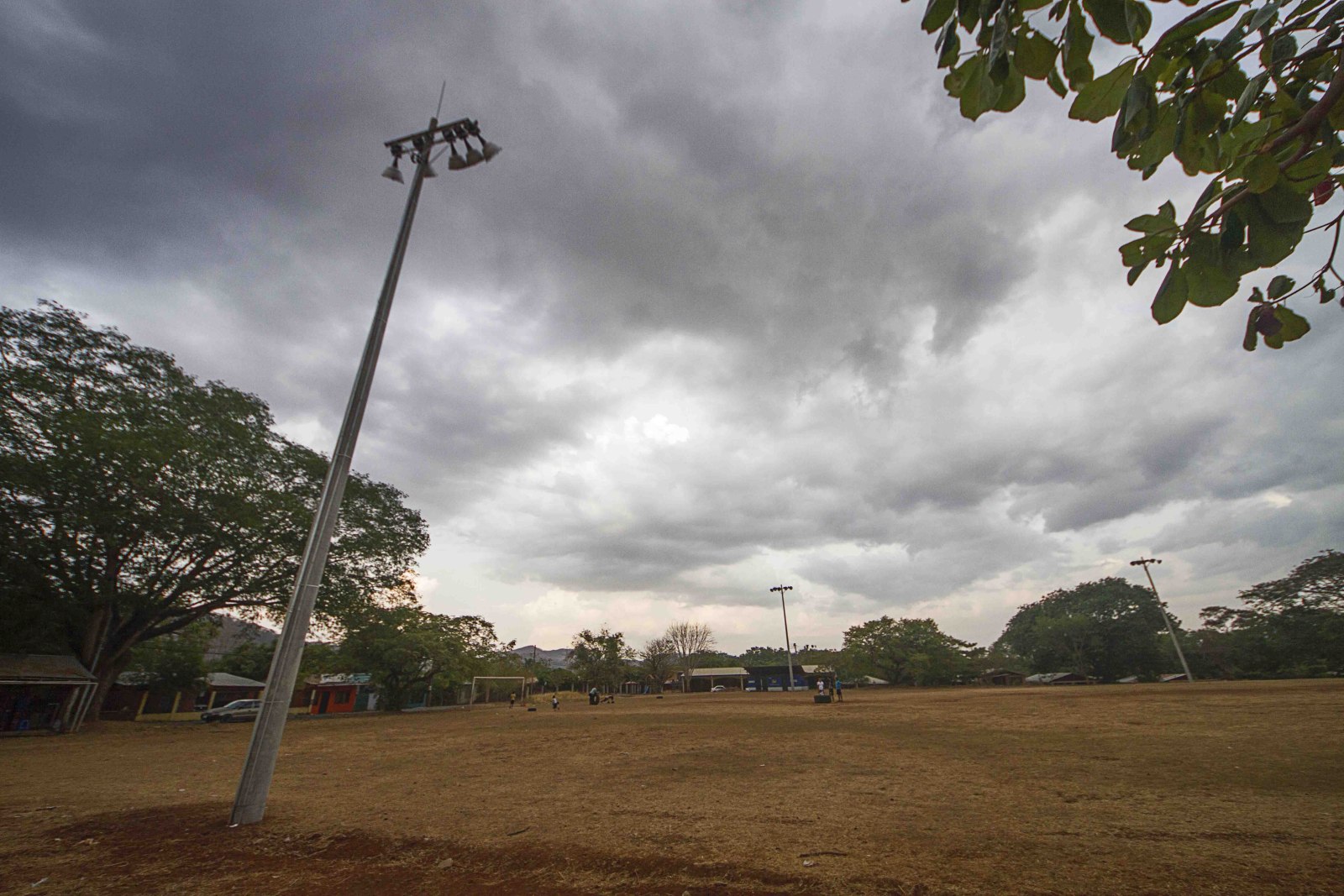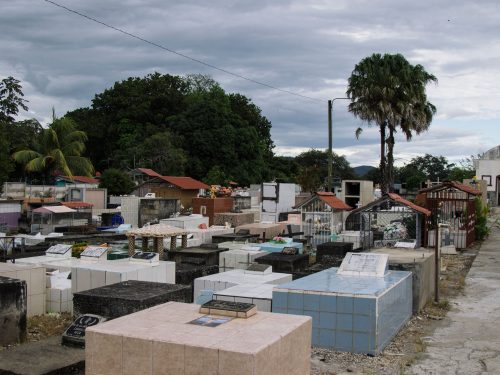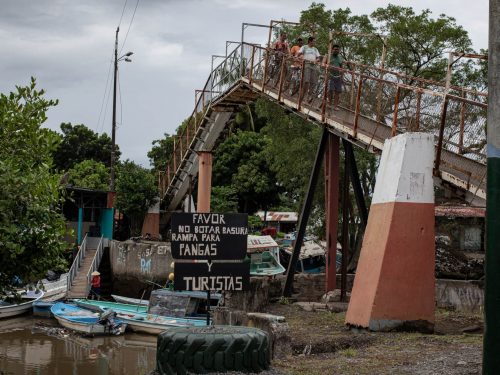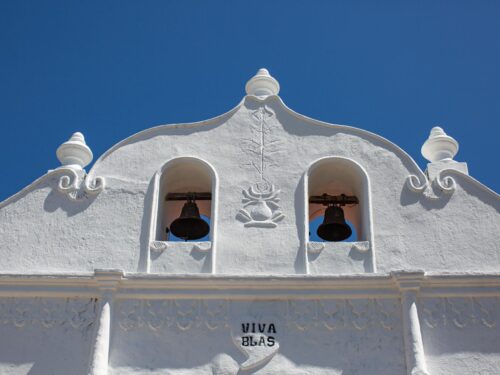
The Municipality of Nicoya hasn’t yet resolved whether it will be able to do work on 30% of the gravel roads in the Los Angeles neighborhood that are still in the process of being registered as municipal property. The administration omitted a clause of Law 8114, a regulation that controls the use of taxes for public roads.
The president of the municipal council, Martin Reyes, reported this during the ordinary council session on November 9.
They tell us that in order to spend money on those roads, they have to finalize the entire [transfer] process and after that, it will take [up to] five years to repair them with Law 8114. Believe me, I felt so bad knowing that the country’s bureaucracy makes us wait five years,” Reyes said.
The official was talking about article seven of the law’s regulation, which indicates that the council must budget for road repairs in accordance with the Five-Year Conservation and Development Road Plan (PVQCD for the Spanish acronym). This plan is a medium-term strategy that municipalities formulate to prioritize roadwork in the cantons according to the population’s needs.
The municipality could include the roads in the next five-year plan, from 2022-2027, depending on the date when the council succeeds in transferring the roads. However they don’t know the deadline. Otherwise they wouldn’t be included until the next plan, the one for 2028-2032.
Currently the community developers continue as the owners of at least 30% of the roads, according to data from the municipality. The other 70% is already owned by the local government.
Council Members Complain of Lack of Advice
The president of the council, Martin Reyes, affirmed that no municipal official warned the council members about this limitation during the last months of work focused on transferring the streets.
His companions back him up. Council member William Allen said that no one warned them in time about the measure, even though the municipality’s Technical Road Commission knew about the council members’ work.
We’ve been making the effort to declare the roads as public and to get something done on those roads for the first time. All of a sudden, they tell us that even though we made that effort, the municipality won’t be able to work on them for five years, but they didn’t tell us until a week ago,” stated Allen.
During the municipal session, council member Maria Auxiliadora Perez said that it was “negligence” and blamed the coordinator of the road management department, Julio Lopez, for not alerting them of the situation in time.
It’s not possible that at this point, the people who advise us tell us that at this point in the game,” the council member complained. “It bothers me a lot due to all the processes that we have been [working on] for those roads like the Los Angeles neighborhood. It seems to me that it’s like pulling people’s leg.”
Julio Lopez assured The Voice of Guanacaste that he’s not involved in the matter in any way because, according to him, it was the technical commission that didn’t warn them until now that they wouldn’t be able to repair the roads until another five years have elapsed.
I wasn’t the one who reached that agreement [the five-year wait] or the one who said that. It was a recommendation, a recommendation that the commission made. Julio Lopez didn’t make it,” he alleged.
The Voice of Guanacaste tried to talk to the coordinator of the Technical Road Commission, Elizabeth Fernandez, but she didn’t respond to calls to her office. We also contacted Mayor Carlos Armando Martinez, but by the deadline for this article, we hadn’t received any reply.
To Repair the Damage
During the November 9 session, Mayor Carlos Armando Martinez said that waiting for five more years still “isn’t written in stone” and from his office, they’ll work to try to integrate the remaining roads into the next five-year plan dictated by law.
This news that we couldn’t spend money on it until after a five-year moratorium passed is what we should investigate to see if we can modify it… We don’t know [yet] if this moratorium is decisive. It hasn’t gone to the technical commission [to be evaluated],” the mayor stated.
Martinez said that he will talk with the commission to ask them which roads could be worked on.
I believe that the report [with the commission] is to tell us which ones those roads are that are in inventory, in order to make a kind of commitment and that if there is a surplus, we can say that we can use it in these neighborhoods. That way, we can compensate for that process,” he commented.
The council agreed to dialogue with the residents representing the community and with the coordinators of the technical road commission within the municipality. However, this process puts possible repairs in limbo for several streets, not just in Los Angeles but also in Bosques Don Jose and Caimito.







Comments